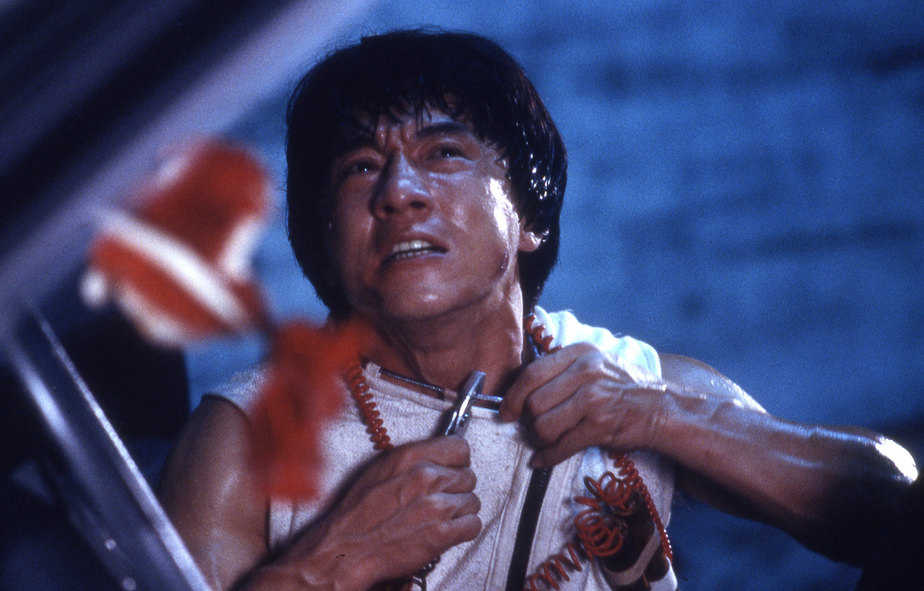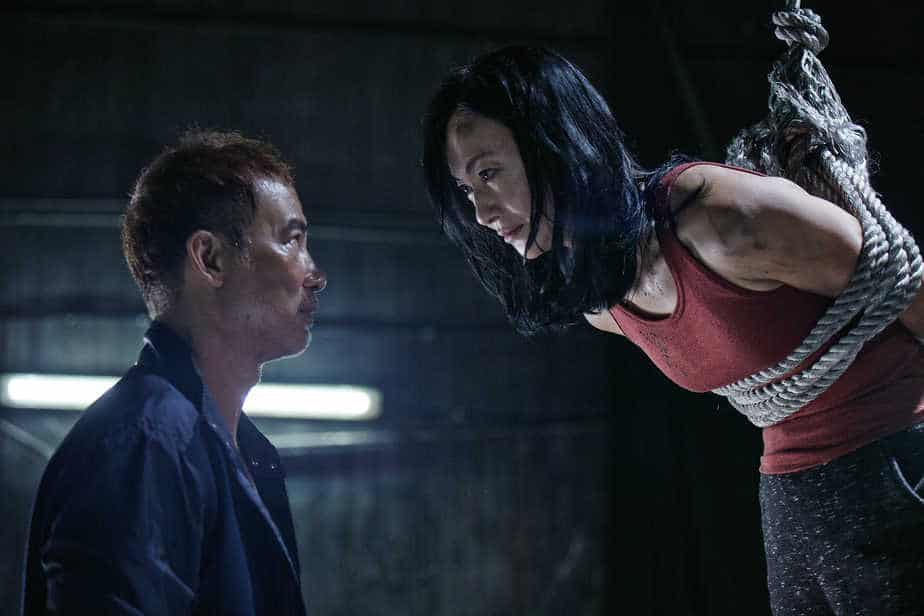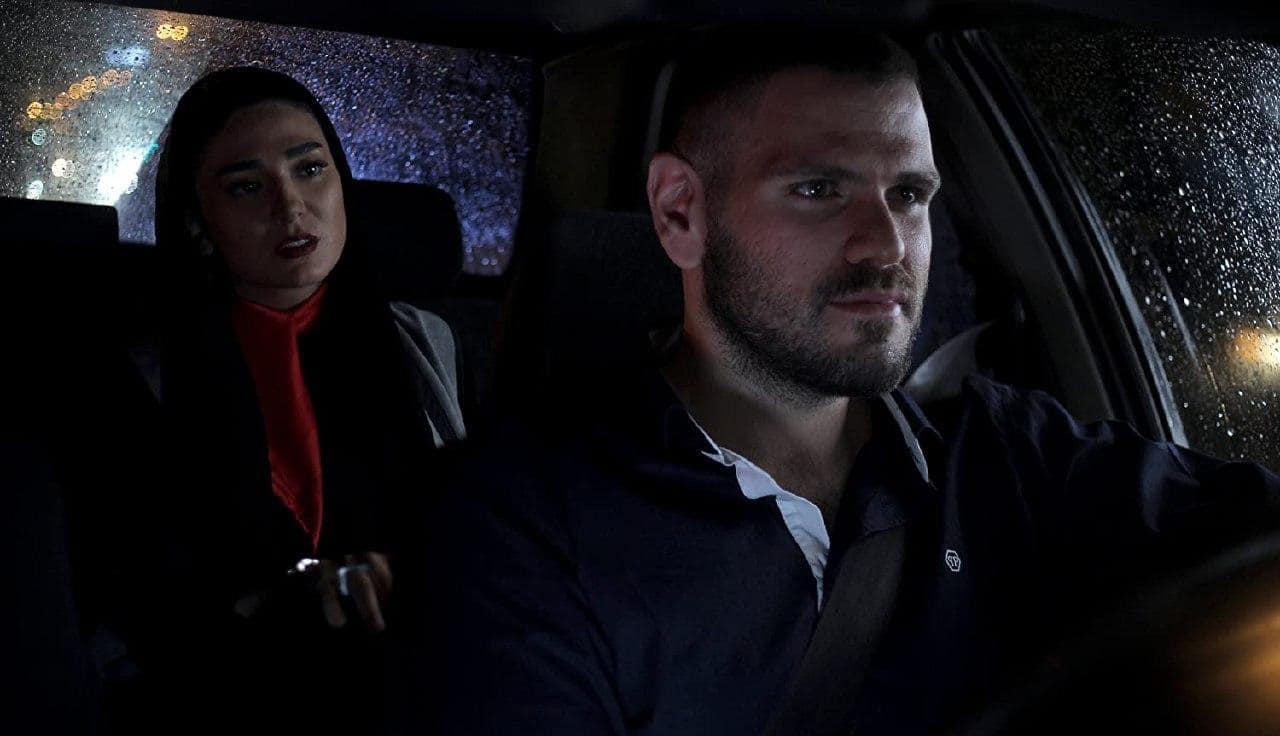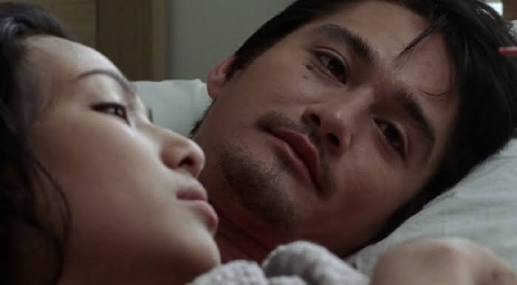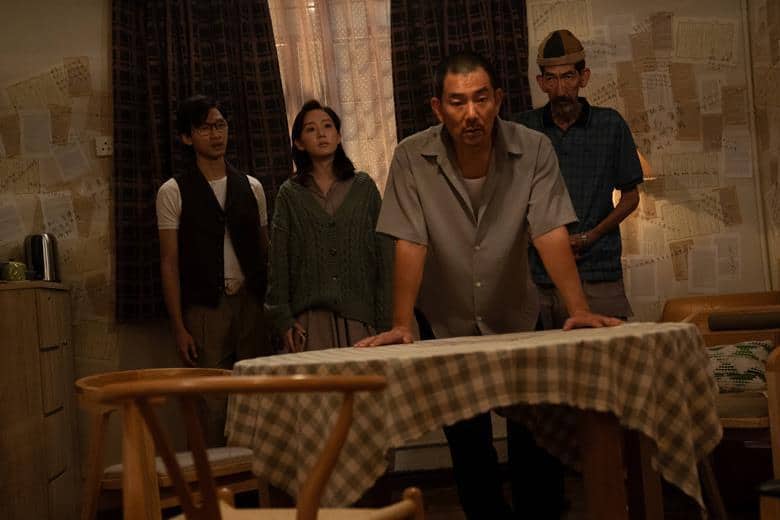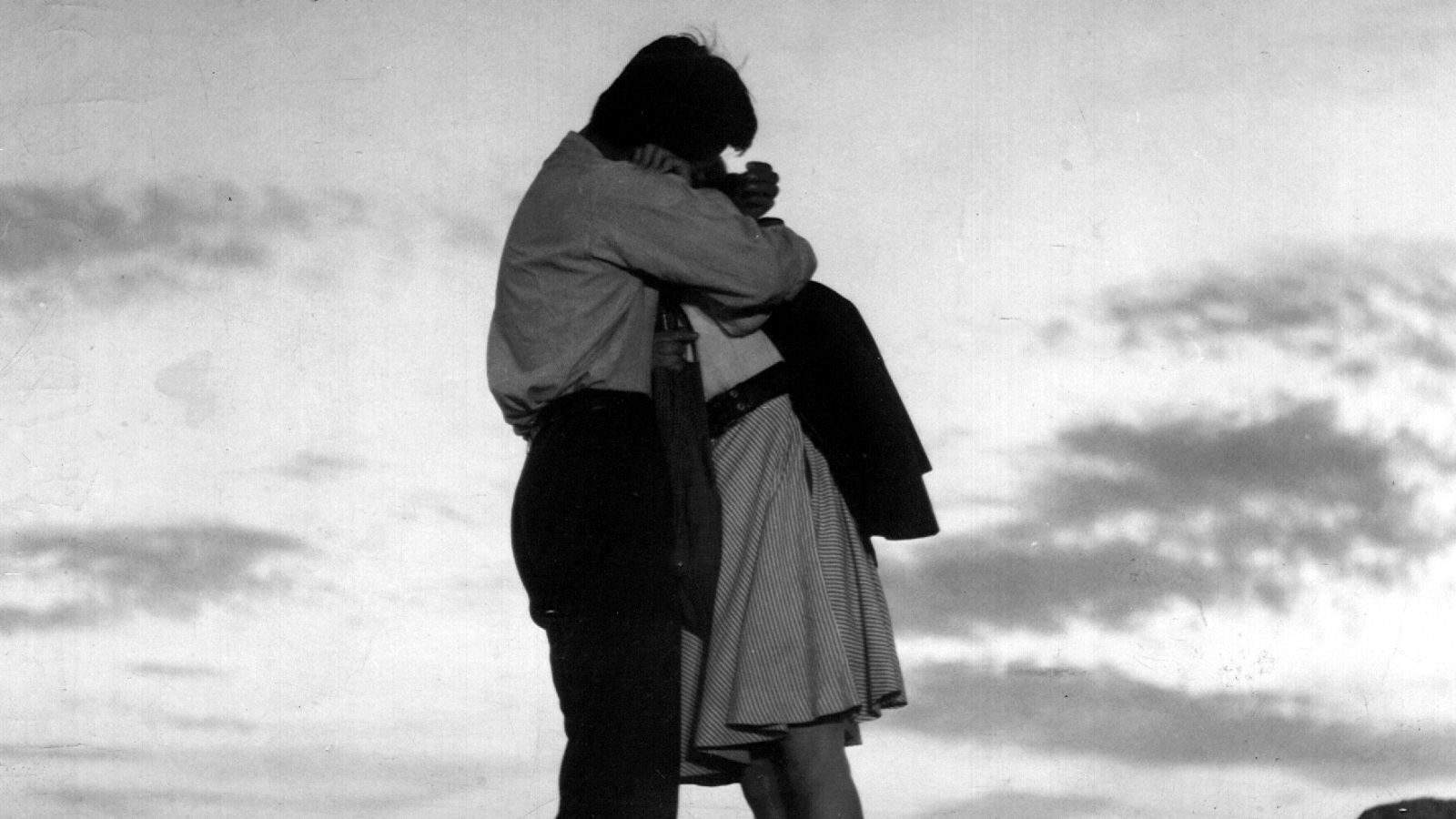With the success of the first film giving then a huge advantage, budget-wise, Jackie Chan and producers Raymond Chow and Leonard Ho decided to shoot an even more impressive, but also more mainstream film, with the action taking completely over the narrative this time. The result was even more impressive.
Buy This Title
The story takes place right where the original left off, with Chan Ka Kui demoted to highway patrol due to his misconduct in the previous case. Moreover, his archenemy is released from prison due to a terminal illness, and has sworn to make Chan's life a living hell, a notion he initiates by having his men attack his girlfriend, May. At the same time, a group of serial bombers begins their attacks, which seem to target a huge conglomerate, whose people in charge are eventually blackmailed for a huge amount of money . Despite the protests of the people in charge of the company, Jackie Chan and his newfound team become involved in the case, but when the bombers get wind their actions, all hells breaks loose, and not even the police is safe. Filled with rage and a need for revenge for everything that happens in his life, Chan decides to take them all on his own, once more.

With a backing from a multinational corporation (which, as in the case of Mitsubishi, are “shamelessly” advertised in the film, along with the large travel agencies) Jackie Chan had the chance to go completely overboard with the action, and that is what he did, including some of the most impressive stunts of his career. However, the difference with the first film is that this time, the focus is on hand-to-hand combat than the destruction of settings that permeated the previous one. In that fashion, the scenes in the cafe, the park, and the abandoned factory in the finale are exquisite, with Jackie Chan in top form highlighting his speed and agility in the best way possible. The destruction scenes are not missing of course, considering the nature of the villains, with the one in the police precinct and the final one being utterly impressive.
Evidently, the extreme focus on action takes a toll to the narrative, although I found this aspect beneficial to a point, since this tactic does not allow much space for the illogicalities that formed a large part of the first's story.
Jackie Chan does not have any moment where he needs to “act” significantly, as was the case with the lashing out scene on the first film, but this time, Maggie Cheung gets a chance to do so, particularly on one of the funniest sequences in the film that involve her cursing Ka Kui inside the men's lockers in the police precinct. Furthermore, the villains are more interesting this time, headed by Benny Lai who plays the deaf-mute with gusto, while highlighting his prowess in martial arts in the best way possible.
Add to that the recurring theme of broken glasses (which is funny every time) in some uncanny way), the presence of a number of sultry women who also show their martial arts abilities, and a Jackie Chan organizing everything and getting injured repeatedly in the process, and you have the backbone of the film
“Police Story 2” shares all the benefits of the original, and is actually stripped of some of its faults, thus resulting in one of the best films of Jackie Chan's career. In essence, a quintessential action film.


